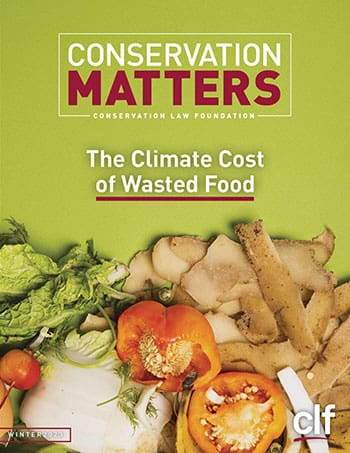Maine Deserves an Environmental Justice Law
CLF is working with partners and legislators to ensure an environmental justice law becomes a reality in Maine. Join us in advocating to get this bill across the finish line.

CLF is working with partners and legislators to ensure an environmental justice law becomes a reality in Maine. Join us in advocating to get this bill across the finish line.

“The fact that the PUC will begin considering the climate impacts of polluting fossil gas is a definite step in the right direction,” said CLF Senior Attorney Emily Green. “But committing to three more decades of gas flies in the face of Maine’s binding climate targets at a time when we’re already seeing extreme weather connected to the climate crisis. Our leaders and agencies must do more than talk the talk and CLF will ensure that they walk the walk regarding our mandated emissions targets.”
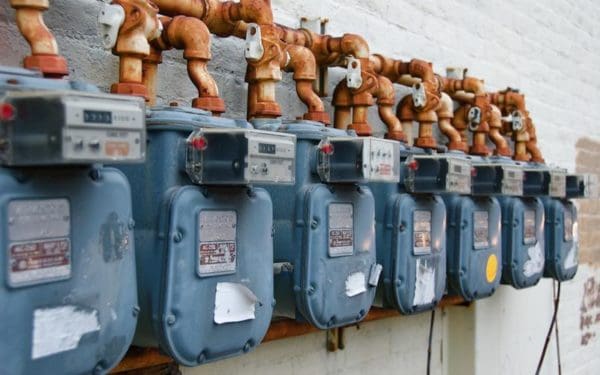
This month, the Supreme Court heard a ruling on two cases that have have the potential to reshape the balance of power between federal courts and agencies.

Weather whiplash, unpredictable weather patterns and extreme weather are becoming increasingly frequent. These are changes we can see and feel and it’s time to prepare.

How does your state stack up in this report card? Could your elected officials be doing more to cut litter and keep bottles out of landfills?
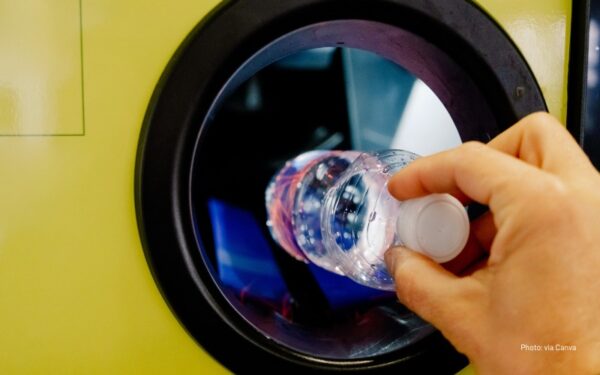
“Fossil gas is polluting our planet and harming Mainers right in their own homes,” said Emily K. Green, Senior Attorney at CLF Maine. “We can’t keep talking out of both sides of our mouths, setting aggressive climate mandates while allowing gas utilities to carry on with business as usual. It’s past time to take a hard look at the ever-expanding gas network and plot our transition away from fossil fuels for good, and this bill is a great step in that direction.”
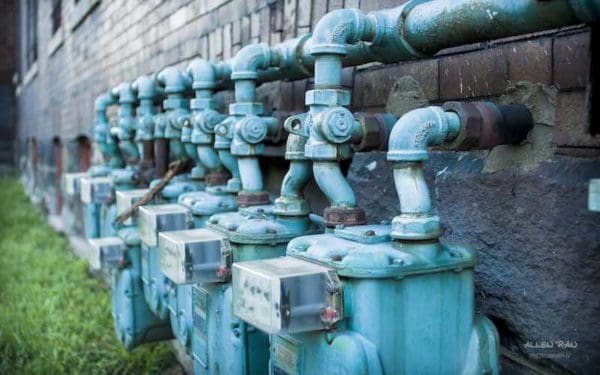
CLF is fighting to protect the invaluable habitat, biodiversity, and unique marine life of the Canyons and Seamounts National Monument.

Don’t believe the disinformation. We can develop offshore wind and meet our renewable energy goals while protecting the marine environment.
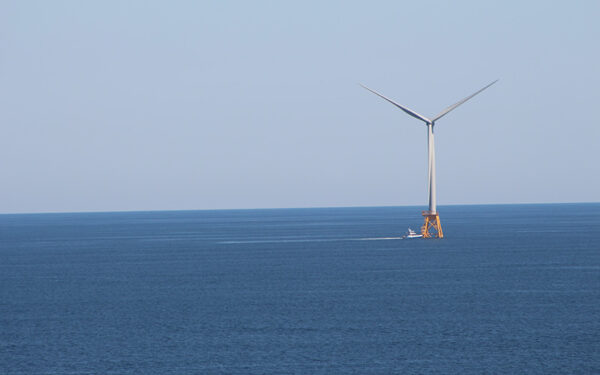
Regardless of how we dispose of it, plastic will not biodegrade. Here’s what that means for our communities and environment.

In the U.S. alone, we send millions of tons of food waste to landfills each year, where that waste produces methane emissions rivaling those from industrial sources.
